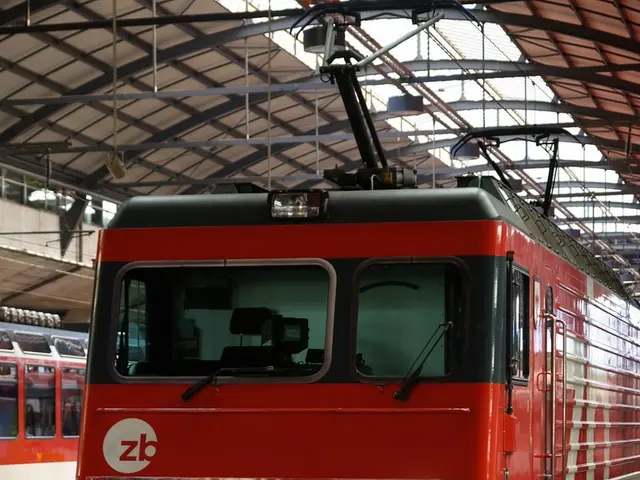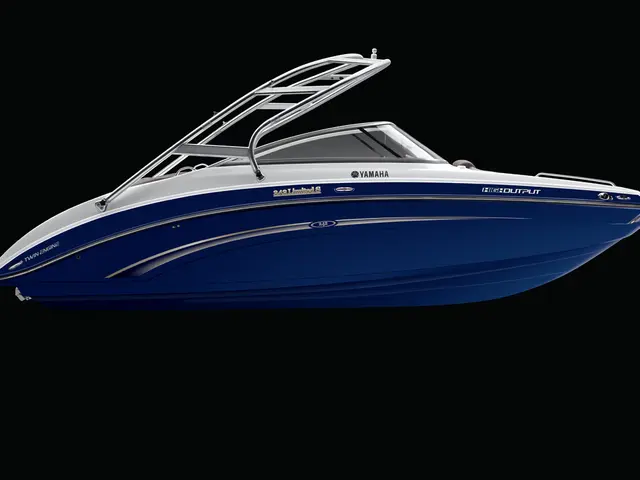Concerns escalate in the maritime sector over declining passenger traffic along the Norwegian coastline
In the second half of 2023, ships moving through the Kiel Canal experienced a notable dip in traffic. Industry reps attribute this to a slew of breakdowns resulting in substantial time losses.
The Kiel Canal is a vital artery for Germany's and Europe's maritime industry. As a shortcut between the North and Baltic Seas, it offers swift, economical, and more climate-friendly transport options, essential for trade and industry. Delays in lock operations can cause negative impacts not just locally but internationally too.
Organizations like "Initiative Kiel-Canal" (IKC) and the "Nautical Association of Kiel" (NVzK) have been vocal about the canal's operational and maintenance shortcomings. Jens-Broder Knudsen, IKC's Chairman, notes, "This critical waterway for German imports and exports is losing its allure for users."
From July 1, 2023, there's been a progressive deterioration in the safe and predictable passage for international shipping, leading to a decrease in ship size and numbers. Speed in the Kiel Canal has been reduced by 20% to 12 km/h since then to prevent further damage to the heavily eroded canal bed. The longer passage time has led to increased demand for pilots and canal pilots, creating waiting times before Brunsbüttel until rest requirements were met and pilots were available.
Ingo Berger, NVzK's Chairman, also highlighted regular delays in the locking process due to personnel shortages within the water and shipping administration. This has caused closures, and ships are often locked individually instead of in groups, reducing the canal's capacity and appeal. Both associations highlight that the problems with operation and maintenance are escalating. They've shared incidents unprecedented in the history of the Kiel Canal.
For example, the canal was closed due to a snow clearing service that wasn't provided as contracted, raising concerns about the service provider's selection process. Fixing canal lighthouses damaged during a storm, maintaining essential lighthouse lighting, and dealing with delays in locking operations are ongoing challenges.
Given the current situation, both associations have voiced their concerns to the federal government. They've called for specialist personnel, infrastructure upgrades, job security, attractive working conditions, and renovation of the Kiel lighthouse. With shifts in transportation and rising fuel costs in shipping, the Kiel Lighthouse plays a crucial role in ensuring the safety of traffic and its place within the trans-European network.
The IKC and NVzK urge the federal government to take immediate action by:
- Assigning specialist personnel to the Waterways and Shipping Authority NOK for efficient lock operations and other measures.
- Completing ongoing planning, expansion, and renovation measures at NOK swiftly.
- Halting blanket job cuts at the WSV.
- Creating appealing working conditions at the WSV.
- Renovating the Kiel Lighthouse promptly.
For Knudsen and Berger, "With ecological transitions in transportation and added costs for alternative fuels in shipping, the energy-saving role of NOK and the Kiel Fjord lighthouse is paramount for traffic safety and must be sustainable within the trans-European network!"
About the Kiel-Canal Initiative e.V.
Established at the end of 2012, the Kiel-Canal Initiative e.V. is a coalition of committed voices advocating for the functional preservation and future viability of the Kiel Canal towards the economy, politics, and authorities. Its members include numerous companies, chambers of commerce, public law corporations, institutions, associations, clubs, and regional authorities.
Contact for further questions:
Jens B. KnudsenChairman, Kiel-Canal Initiative e.V.Office: 0431/9810
Ingo BergerChairman of the "Nautical Association of Kiel"Mobile: 0176/61482057
- The Kiel Canal, being a significant part of Germany's and Europe's maritime industry, plays a vital role in providing quick, efficient, and climate-friendly transportation options for both trade and industry.
- The current deterioration in safe and predictable passage for international shipping within the Kiel Canal has led to a reduction in ship size and numbers, as well as increased demand for pilots, causing delays and raised concerns.
- Addressing these issues within the Kiel Canal, such as assigning specialist personnel, infrastructure upgrades, job security, attractive working conditions, and renovation of the Kiel Lighthouse, is essential for maintaining its energy-saving role in ensuring traffic safety within the trans-European network.








